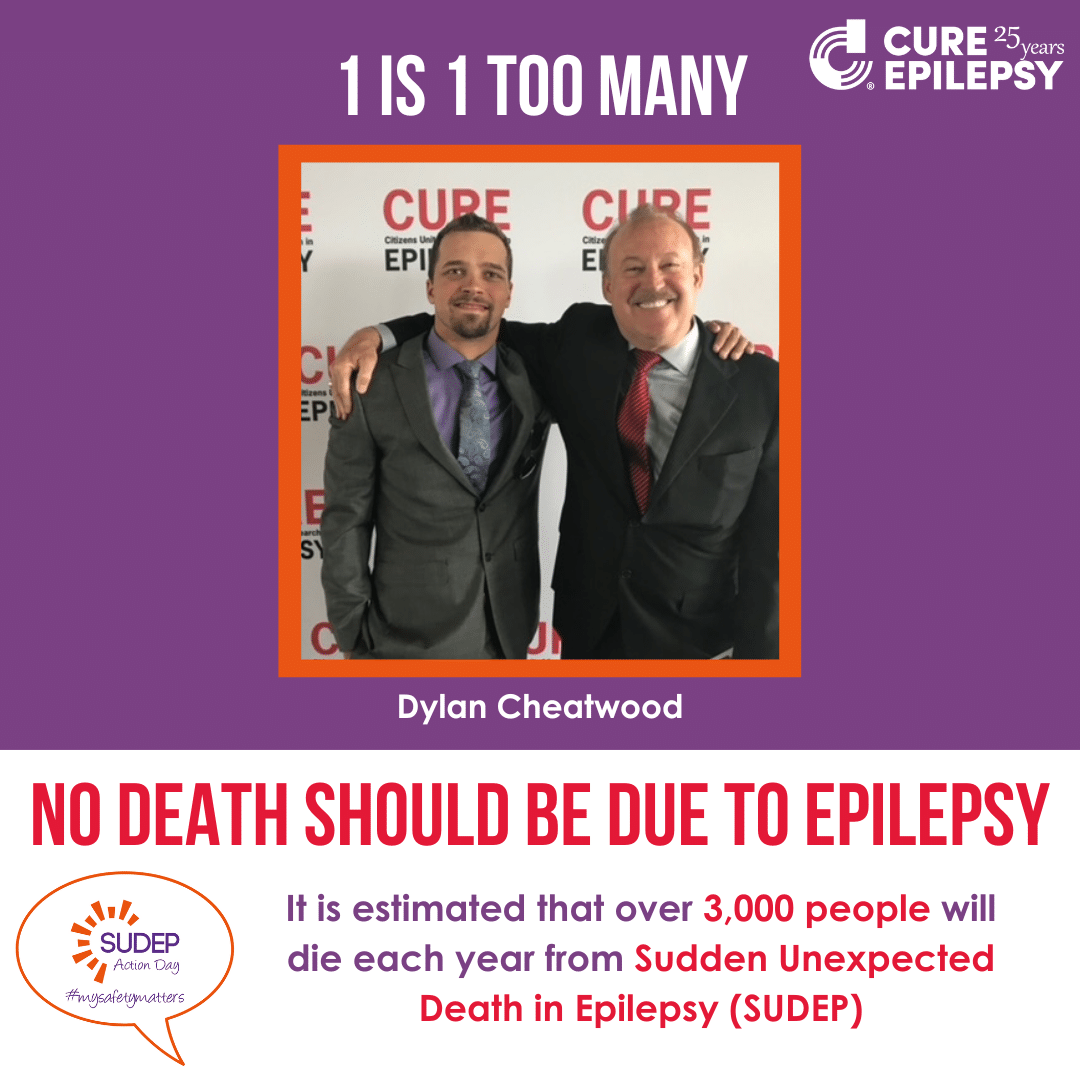Silencing ‘Poison Exon’ Eliminates Deadly Seizures in Mice
September 28, 2020
Article, published on SpectrumNews.com (featuring the work of former CURE Grantee, Dr. Lori Isom)
A new treatment curbs deadly seizures in a mouse model of Dravet syndrome, a severe form of epilepsy, according to a new study. A clinical trial is evaluating the drug’s safety in children with the syndrome.
The new drug, which consists of short pieces of RNA called ‘antisense’ molecules, counteracts the effects of SCN1A mutations. The molecules boost the expression of the intact copy of SCN1A, allowing cells to produce normal levels of the sodium channel the gene encodes. They do so by silencing a ‘poison exon’ in SCN1A, a sequence of DNA that ordinarily limits the gene’s expression.
In model mice of Dravet syndrome, the drug significantly decreased the frequency of SUDEP, the new work found, lowering their likelihood of having a fatal seizure during the first 90 days of life from 77 to 3 percent.






